A wonderful vegan recipe book tainted by an old story.
Un merveilleux livre de recettes vegan entachée par une vieille histoire.
A source of the annoying – ‘Hitler was a vegetarian’ rumor – countered by Rynn Berry – see below.
Ernest Bell Library item –
Maïa Charpentier. – La Bonne Cuisine végétalienne. 500 recettes pratiques. Préface de Prosper Montagné.
Editions La Caravelle & Imprimerie d’Art “Le Croquis”, 6, rue Bezout, Paris, 1934. (17 juillet 1935.)
297 pp.
Original price: 12 fr.
FORMAT:In-12 (11 x 18 cm)
BINDING: Paperback, cover illustrated in color
Text not illustrated.
First edition – with a dedication from & autograph of the author, Maïa Charpentier –
“à monsieur Paul Reboux expert en gastronomie en sincère hommage “
“to Monsieur Paul Reboux, expert in gastronomy, in sincere tribute”
Maïa Charpentier wrote the book. It is a 1934 végétalienne cookbook, a book of 500 vegan recipes. We have discovered nothing more about her. Végétalienne – Wiki – is the French word for what was called ‘vegan’ in the UK in 1944 – ……the French were ‘well ahead’ of the English.
Prosper Montagné (14 November 1865 – 22 April 1948) – wrote the preface. He was a French chef and the author of many books and articles on food, cooking, and gastronomy, notably the Larousse Gastronomique.
Paul Reboux (21 May 1877- 14 February 1963) – received the book as a gift from Maïa Charpentier. He was a painter & a prolific writer with very different interests: editor, literary critic, food critic, novelist, author of natural history books, biographies, stories of travel and children’s books.
It is not a common book.
http://www.copac.ac.uk/ – lists no copies of the book in the UK
http://www.bnf.fr/ – the Bibliothèque nationale de France has a copy.
……
A November 1934 review from ‘The Vegetarian News’ – London Vegetarian Society .
“La Bonne Cuisine Végétalienne.” By Mdme. Maïa Charpentier. –
La Carabelle,” Paris, 1934, 12 fr. (by post 2s. 9d.).
~ ……by Madame Maïa Charpentier, the preface to which has been written by no less a person than the well-known gourmet and chef, M. Prosper Montagné. He likewise reiterates the injunction that in our search for the basic principles of food we must not lose sight of flavor and appearance, and so well satisfied is this French authority with what the book contains that he willingly testifies to both its author’s scientific knowledge and to the value of her recipes, which embody that laudable appeal to the senses in which lies the real kernel of the culinary art. An additional point of interest about these recipes, is that they are all constructed without the use of dairy produce, an ideal which must be constantly in the minds of all progressive vegetarians. There are also included carefully written lists of the different food values contained in the abundant variety of vegetables and fruits mentioned in this very interesting book. ~
……
On pages 64 to 67, Maïa Charpentier comments on Louis Rimbault’s “La Basconnaise” – she then gives a version by Sophia Zaïkowska – she then gives her own version.
A delighful book – but falling to pieces – we must urgently scan our copy.
“La Basconnaise” & Louis Rimbault – https://www.happycow.net/blog/la-basconnaise/
“La Basconnaise” & Louis Rimbault & Sophia Zaïkowska – https://www.happycow.net/blog/veganism-french-communities/
……
NOTORIETY
There are mentions on various websites, that a copy was sent to Adolf Hitler & that it ended up in the US – example
Maïa Charpentier’s vegetarian cookbook is one such work, with its following dedication: “To the chancellor of the Reich, to Monsieur Hitler, the vegetarian, and thus to the man of peace, from a good French woman desiring Universal Peace, the soul condition for human progress.” – source – ……with a few lines of nonsense about Hitler being a vegetarian.
Hitler: Neither Vegetarian Nor Animal Lover Paperback – February, 2004
by Rynn Berry (Author), Martin Rowe (Introduction)
Rynn Berry ‘put that one to bed’ very effectively – more here
NVA: In addition to the Guide, you’ve authored several other books on vegetarianism, including one refuting the famous assertion that Hitler was a vegetarian. How did that project come to be, and how has it been received through they years?
Rynn Berry : As the author of a bestselling book titled Famous Vegetarians (a biographical history of vegetarianism that spans 3,000 years), I was constantly being heckled by hostile non-vegetarians, who during my lectures, or at book signings, would invariably ask me why I hadn’t included Adolf Hitler among the Famous Vegetarians. So, I decided to research the matter in order to ascertain whether this butcher of Europe was in fact a vegetarian.
To my dismay, I found that historians of the second world war and Hitler biographers stoutly maintain that he was a vegetarian in the face of overwhelming evidence to the contrary. Since no one had written a book that marshals the evidence to prove that Hitler was not a vegetarian, I decided to write a book on the topic—Hitler: Neither Vegetarian, Nor Animal Lover. When the book was published, The London Times wrote a feature article on it. For the article, the reporter interviewed Sir Ian Kershaw, professor of modern history at Sheffield University.
As the author of a three-volume biography of the Fuhrer, Sir Ian is held to be the world’s leading authority on Hitler. The reporter asked Sir Ian for his assessment of my book. Sir Ian opined as follows: “To say that Hitler was not a vegetarian is just an absurd allegation. It is true that Hitler was inconsistent at times, and that there was the odd extreme exception, but he ate what was by any stretch of the imagination a vegetarian diet. The fact that vegetarians don’t like the fact that Hitler was a vegetarian shouldn’t deny the fact that he was one.”
This is typical of the attitude of European historians towards Hitler’s diet. Sir Ian concedes that Hitler “was inconsistent at times, and that there were odd extreme exceptions.” So how on earth can Sir Ian possibly classify Hitler as a vegetarian? Sir Ian and others of his ilk are not practicing vegetarians; so they don’t seem to realize that one cannot be a vegetarian and be so inconsistent as to eat liver dumplings, and cured meats, which eyewitnesses attest that Hitler did on a regular basis. If anything, Hitler was a flexitarian. By no stretch of the imagination could he accurately be called a vegetarian.
My recent letter to the London Telegraph neatly epitomizes the whole matter. In my letter I upbraided Royah Nikkah, the author of the article, “Hitler’s Food Taster Speaks of Hitler’s Vegetarian Diet.” I accused her of trying to have it both ways: On the one hand, she implies that Hitler was a vegetarian on the strength of the testimony of one of his former food tasters, Margot Woelk, 95. In a recent interview Ms. Woelk stated that she had been a member of a 12-person team who tasted Hitler’s food—lest he might have been poisoned—for one hour a day from 11am to 12 noon, for a period of 800 days.
On the other hand, Ms. Nikkah admits that Mr. Hitler “was not fastidious about declining meat. Dione Lucas, his cook before the war, claimed that he was a fan of stuffed pigeon, and he was also known to be partial to Bavarian Sausage and the occasional slice of ham.” Ms. Nikkah doesn’t seem to realize what constitutes a vegetarian. According to the World Book encyclopedia, a vegetarian is defined as “a person who eats only vegetable foods and refrains from eating meat, fish, or some other animal products, especially one who does so on the basis of principle.”
So, if Hitler was indulging in stuffed pigeon, Bavarian sausage, and the occasional slice of ham—which Ms. Nikkah acknowledges that he did—then Hitler was emphatically not a vegetarian. At best, he was a flexitarian, or one who eats a mixed diet of vegetables and meat, or fish and other animal products.
Personally, I am chagrined that so many of the people who have reviewed my book, Hitler: Neither Vegetarian, Nor Animal Lover, on Amazon and elsewhere, give no evidence of having read it. Clearly, they are anti-vegetarian ideologues, who are using Hitler (and the latest misinformation about him) to bash vegetarianism.
……
Our Projects
The Henry Salt Archive is one of our, almost completed, projects.
The Humanitarian League is our Hong Kong registered charity.
The Ernest Bell Library was conceived in 1934. It is still strong & very active eighty years later – its primary objectives are to: –
-
Collect all of Ernest Bell’s book & non-book works and make them easily accessible to everyone.
-
Collect the literature of vegetarianism and all the other humanitarian movements in which Ernest Bell was so deeply involved.
-
Assist students and scholars in their research.
-
Introduce all aspects of Ernest Bell’s life, including his writings, campaign work, influences and his circle of friends.
-
Undertake our own research into missing aspects of Ernest Bell’s life and work.



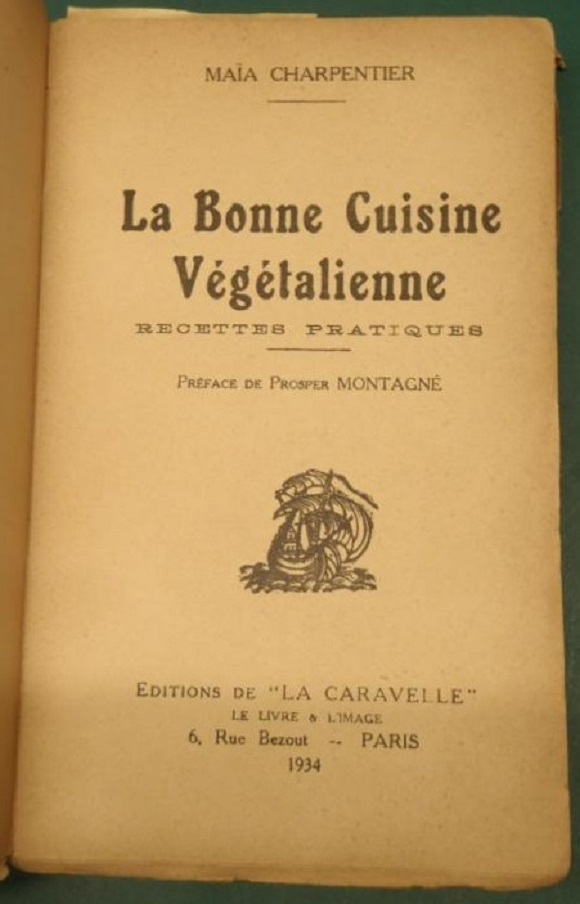

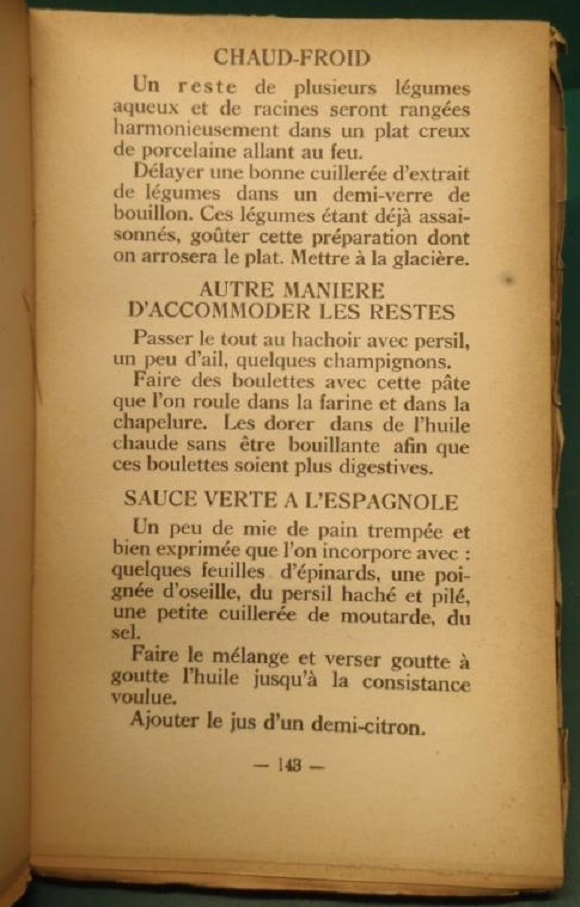


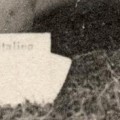
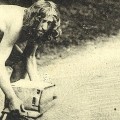
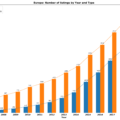

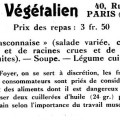
1 Comment
AndyT (6 comments)
August 4, 2015 at 10:28 pmThank you for sharing this!